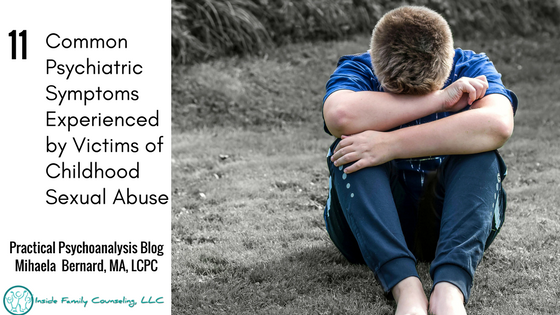Having too high standards on our kids can cause anxiety, which in turn can create a sense of failure and incompetence. In fact, high levels of anxiety is the biggest hindrance to a child’s ability to learn and remember.
1. Children need a good night sleep, every night. There is no such thing as catching up on sleep, once lost, it’s lost. Sleep deprivation causes irritability, low frustration tolerance, hyperactivity and lowers a person’s ability to remember things long-terms. So, decide on a reasonable bedtime on weekdays and stick to it. Your kids’ teachers will be grateful, and so will you.
2. Reduce electronic time, especially before bed. I’m sure you’ve heard this again and again but it’s because it’s true – electronics before bed is not a good idea even for you. Too much electronic time makes the brain “lazy” and goes against delayed gratification…
3. Create a safe and nurturing environment. In order for kids to learn, they need to feel safe and nurtured. If your basic needs for safety and security are not met, your brain is again in “survival” mode. Physical, emotional and verbal threats have a negative effect on learning and lead to anxiety, low self-esteem and depression.
High level of anxiety is the biggest hindrance to children’s ability to learn and remember. It often comes in the form of distractibility, inability to focus and hyperactivity.
4. Allow free time for creative play. Free time is like a reset button for the brain. After a structured, demanding activity, your kids need time to relax, play and recharge. Both the lack of and too much structure affects your child’s ability to learn and be creative in a negative way.
5. Healthy nutrition. This goes without saying but just like you would care for yourself while pregnant, for your newborn while breastfeeding and your baby while still little, you want to create a well-balanced and healthy diet for your growing child or teenager. Food is the brain’s fuel, so you want to make sure you give your kids a good quality, long-lasting supply of it.
6. Predictable schedule. Predictability helps reduce anxiety and creates a sense of safety and security. Your children know what to expect and when, and can learn to prioritize, plan and organize themselves. Using calendars, planners and visual reminders is a good way to create structure in their schedule with clear, repeating patterns.









